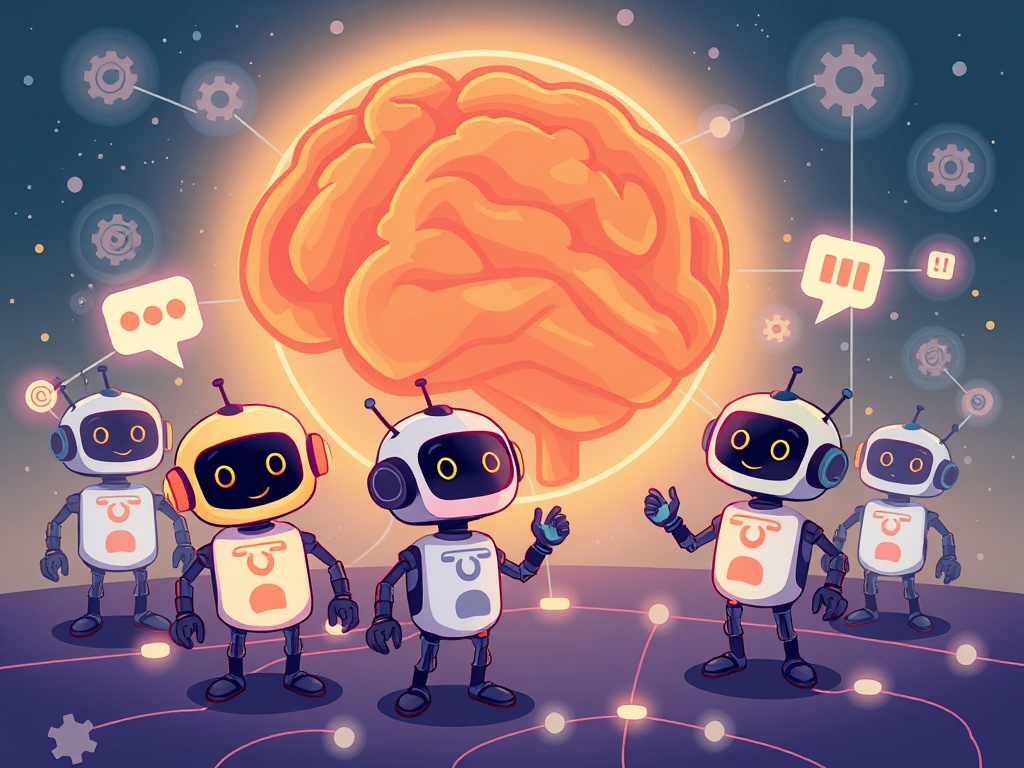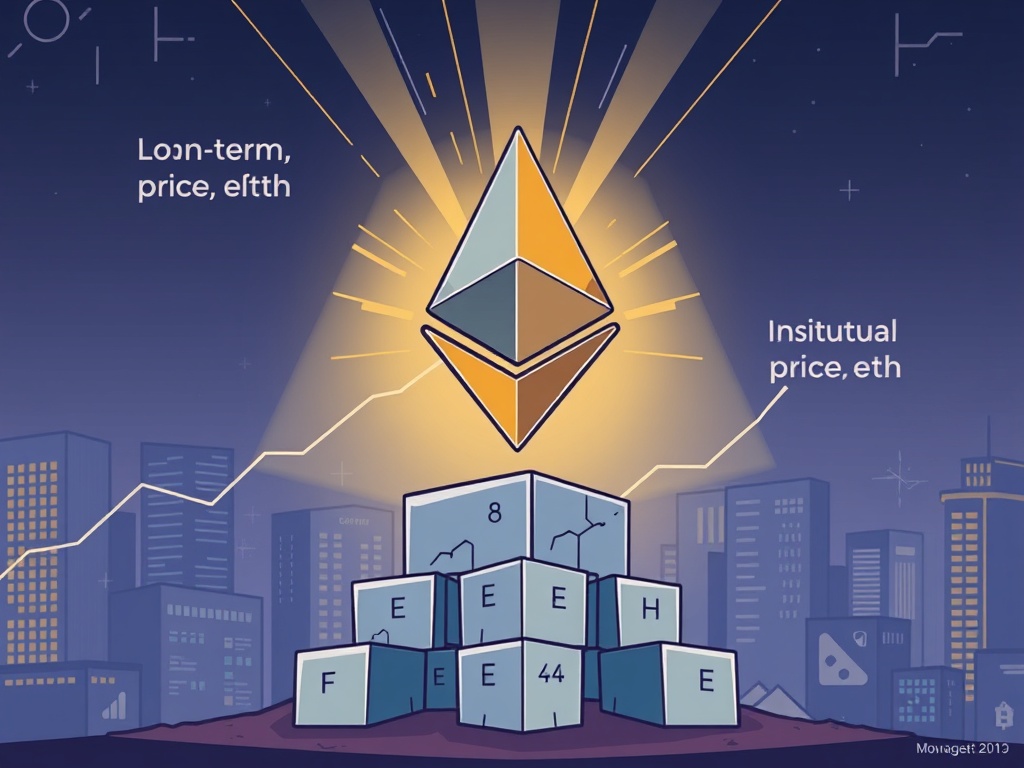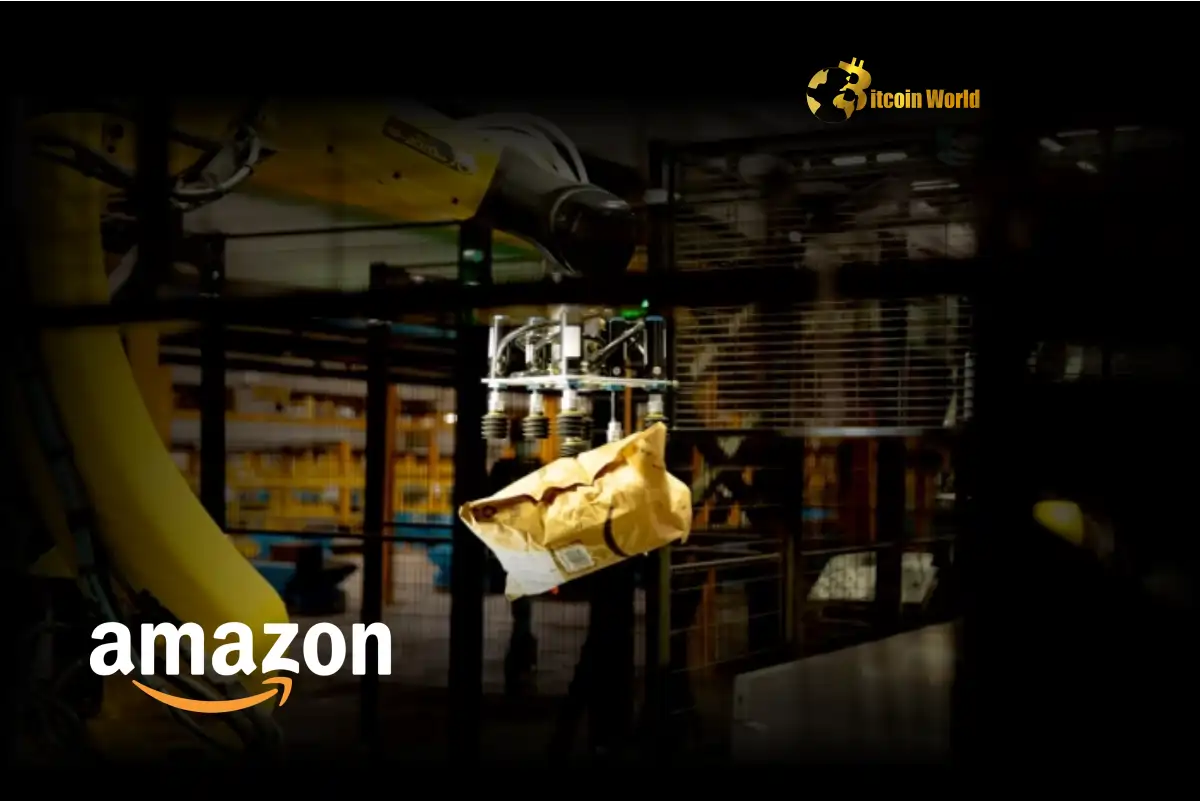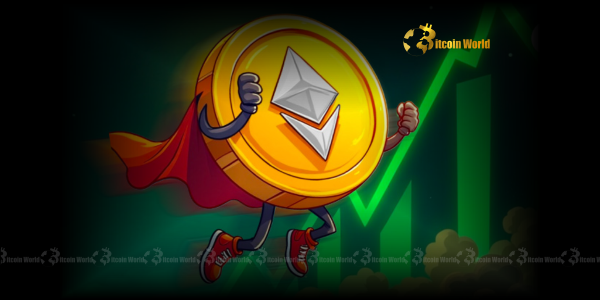BitcoinWorld

Decentralized Robotics OS: OpenMind’s Game-Changing $20M Investment for Robot Communication
Exciting news from the world of robotics and artificial intelligence! OpenMind, an innovative robotics and AI startup, has successfully secured a significant $20 million funding round. This substantial investment, led by venture firm Pantera Capital, is set to propel the development of FABRIC, an open-source decentralized robotics OS. This groundbreaking system aims to enable AI-powered robots to communicate and coordinate globally, marking a pivotal moment for the future of automation.
What is This Game-Changing Decentralized Robotics OS?
At the heart of OpenMind’s mission is FABRIC, an open-source decentralized operating system designed specifically for robots. Think of it as a universal language and framework that allows robots from different manufacturers and locations to ‘talk’ to each other and work together seamlessly.
- FABRIC is an open-source platform, meaning its code is freely available for anyone to inspect, modify, and enhance. This fosters collaboration and rapid innovation within the robotics community.
- The system focuses on enabling robot communication and coordination on a global scale. This is crucial for complex tasks like managing autonomous delivery fleets or coordinating search and rescue operations across borders.
- The funding round saw participation from major players in the crypto and tech space, including Coinbase Ventures, Digital Currency Group, and Ribbit. Their involvement highlights the strong belief in the potential of this technology.
Why is a Decentralized OS Crucial for AI Robotics?
You might wonder why decentralization is so important for robots. Traditionally, robot systems are centralized, relying on a single server or entity for control. However, this approach has limitations. A decentralized robotics OS offers numerous advantages, especially for advanced AI robotics applications.
- Enhanced Security and Resilience: A decentralized network is less vulnerable to single points of failure or cyberattacks. If one part of the network goes down, the rest can continue to operate.
- Global Scalability: It allows for truly global operations without bottlenecks, as robots can communicate directly with each other without routing through a central hub.
- Interoperability: Different types of robots, even from competing companies, can potentially work together using a common decentralized protocol, fostering greater collaboration.
- Data Privacy and Ownership: Decentralization can offer better control over data generated by robots, aligning with principles often seen in Web3 robotics.
This approach transforms how robots interact, moving towards a more robust and flexible ecosystem.
OpenMind Funding: A Catalyst for Robot Innovation
The OpenMind funding round of $20 million is not just a financial milestone; it is a strong signal of confidence from leading venture capital firms in the future of robotics and AI. This investment underscores the growing recognition of how blockchain and decentralized technologies can revolutionize the physical world.
Pantera Capital’s lead in this round, alongside other prominent investors, demonstrates a clear vision for how a decentralized robotics OS can unlock new possibilities. This capital will accelerate the development of FABRIC, bringing us closer to a future where intelligent machines can collaborate on an unprecedented scale. It represents a significant step forward for the entire robotics technology sector, promising faster innovation and broader adoption.
The Road Ahead for Global Robot Communication
While the vision for a decentralized robot operating system is exciting, the journey ahead involves significant challenges. Creating a universal standard for robot communication that is secure, scalable, and easy to adopt will require extensive collaboration and technical prowess. However, the potential benefits are immense.
Imagine autonomous vehicles coordinating traffic flow across cities, or robotic systems in logistics working together seamlessly across continents. This new era of connectivity, driven by a robust decentralized robotics OS, could unlock efficiencies and capabilities previously thought impossible. OpenMind’s work is paving the way for a more integrated and intelligent automated future.
OpenMind’s successful $20 million funding round marks a thrilling advancement in the robotics and AI landscape. Their pioneering work on FABRIC, a decentralized robotics OS, promises to transform how robots interact, communicate, and coordinate globally. This investment highlights a growing belief in the power of decentralized technologies to create a more resilient, scalable, and collaborative future for AI-powered machines. As FABRIC develops, we can anticipate a significant shift in the capabilities and applications of robotics, leading to unprecedented levels of automation and efficiency across various industries.
Frequently Asked Questions (FAQs)
What is OpenMind?
OpenMind is a robotics and AI startup focused on developing advanced operating systems for intelligent machines. Their primary project is FABRIC, a decentralized operating system for robots.
What is FABRIC and what does it do?
FABRIC is an open-source, decentralized operating system for robots. Its main purpose is to enable AI-powered robots to communicate and coordinate globally, fostering interoperability and collaboration among diverse robotic systems.
Why is decentralizing a robot operating system important?
Decentralization enhances security by removing single points of failure, improves resilience against attacks, allows for global scalability, and promotes interoperability between different robot types. It also offers potential benefits for data privacy and ownership.
Who are the key investors in OpenMind’s funding round?
The $20 million funding round was led by Pantera Capital, with significant participation from Coinbase Ventures, Digital Currency Group, and Ribbit.
What are the potential benefits of improved robot communication?
Improved robot communication, facilitated by a decentralized OS like FABRIC, can lead to more efficient logistics, enhanced smart city infrastructure, better disaster response, and overall more sophisticated and collaborative automated systems across various industries.
Share This Breakthrough!
Did you find this insight into OpenMind’s game-changing decentralized robotics OS fascinating? Share this article with your network on social media and spark a conversation about the future of AI and robotics!
To learn more about the latest crypto market trends, explore our article on key developments shaping Web3 technology institutional adoption.
This post Decentralized Robotics OS: OpenMind’s Game-Changing $20M Investment for Robot Communication first appeared on BitcoinWorld and is written by Editorial Team





